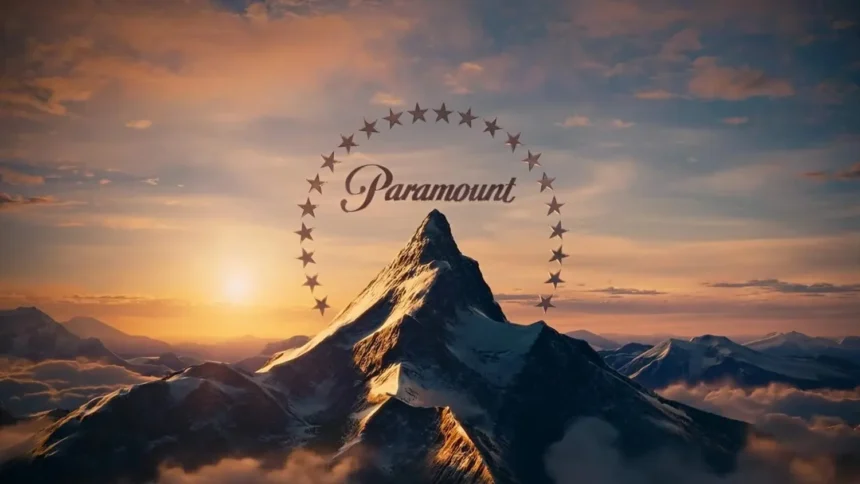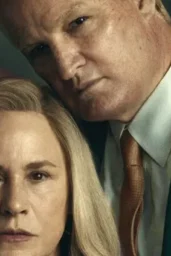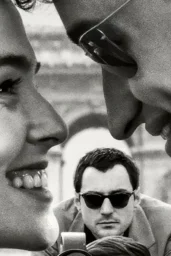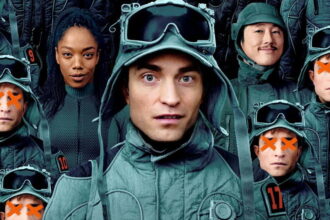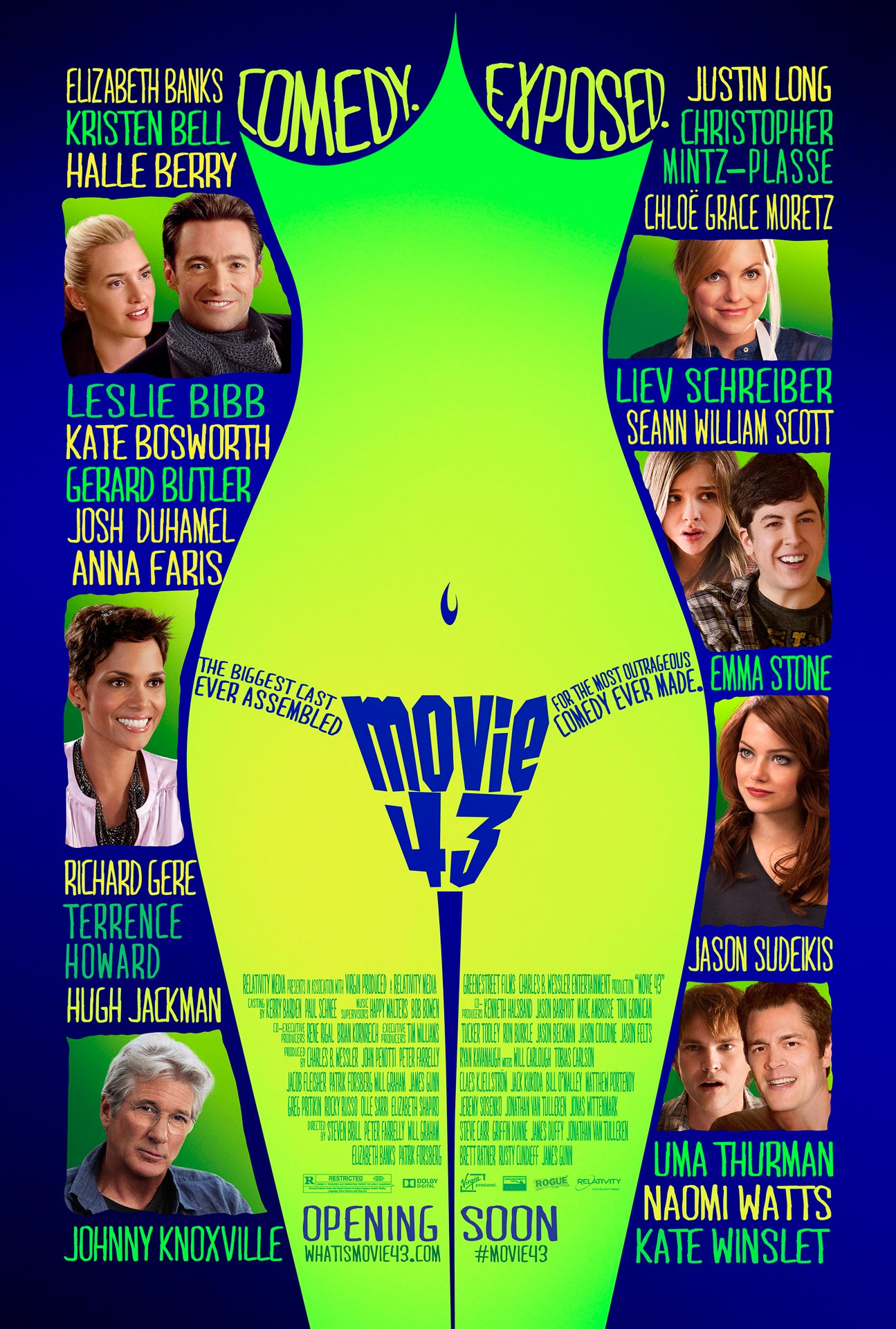I remember the first time I caught a screening at Cannes, that electric hum in the air where accents blur and films from every corner of the globe collide. It was a Palestinian director's doc that stuck with me—raw, unflinching, co-produced with Israeli crew. No boycotts there, just stories clawing their way to the screen. Fast-forward to now, and Hollywood's feeling that same tension, but weaponized. Paramount, fresh off its acquisition by David Ellison's crew and RedBird Capital Partners last month, just dropped a statement that's got the whole industry buzzing. They're calling out the boycott targeting Israeli filmmakers, the biggest push of its kind in years, backed by over 3,900 signatures including heavy hitters like Joaquin Phoenix, Emma Stone, and Mark Ruffalo. And yeah, it stings a bit—because in a world that's already fractured, silencing voices feels like the opposite of what movies are supposed to do.
The Pledge That Snowballed—and Paramount's Pushback
Picture this: Monday rolls around, and Film Workers for Palestine drops their pledge. Starts with 1,200 names—directors like Yorgos Lanthimos and Ava DuVernay, actors Olivia Colman, Riz Ahmed, Tilda Swinton. By Wednesday? Boom, over 3,900. Andrew Garfield jumps in, Harris Dickinson, Guy Pearce, even Jonathan Glazer—the guy behind that gut-punch Oscar speech earlier this year. Joaquin Phoenix and Rooney Mara add their weight, along with Emma Stone and Mark Ruffalo, turning what could've been a whisper into a roar. The call? Refuse work with Israeli creatives “implicated in genocide and apartheid against the Palestinian people,” hitting on everything from whitewashing to government ties.
Paramount didn't wait long to respond. Under Ellison's new leadership, they issued a clear condemnation, framing it as a threat to the very soul of storytelling. “At Paramount,” their statement reads, “we believe in the power of storytelling to connect and inspire people, promote mutual understanding, and preserve the moments, ideas, and events that shape the world we share. This is our creative mission.” They don't mince words: “We do not agree with recent efforts to boycott Israeli filmmakers. Silencing individual creative artists based on their nationality does not promote better understanding or advance the cause of peace.” It's the first major studio to go public on this, and it lands like a quiet thunderclap in the echo chamber of awards season chatter.
But here's the rub—I'm at TIFF last year, rubbing shoulders with indie folks from Tel Aviv and Ramallah, and the conversations weren't about walls; they were about windows. Israeli films have long been a pipeline for Palestinian narratives, docs that critique state policies without flinching. The Israeli Film and TV Producers Association hit back hard in their own statement: “The signatories of this petition are targeting the wrong people.” They've been at it for decades, they say, working with Palestinian creators on shared stories—films, series, docs that push for peace and call out violence. “We Israeli artists, storytellers, and creators have been the primary voices allowing audiences to hear and witness the complexity of the conflict.” It's a reminder that boycotts, no matter how well-intentioned, can flatten nuance into something binary. And in cinema? Binary's the enemy.
When Politics Creeps into the Projection Booth
I've always been a sucker for films that tangle with real-world mess—think District 9 or Children of Men, sci-fi wrappers on brutal truths. Horror too; it thrives on the shadows of conflict, turning personal dread into collective unease. But this boycott? It feels like it's trying to edit the reel before it's even shot. Phoenix, with his raw intensity in Joker or Her, Stone's sharp vulnerability in Poor Things, Ruffalo's everyman fire in the MCU—these aren't just names; they're the pulse of modern storytelling. Yet here they are, lending star power to a movement that could shutter doors on collaborations that have birthed some of the most vital voices in global cinema.
Behind the scenes, it's messier. Whispers from festival circuits suggest production pipelines are already jittery—co-pros between U.S. and Israeli outfits on hold, docs shelved. Someone I chatted with at Berlinale last spring mentioned a short film project, half-Israeli team, that got pulled from consideration over similar heat. Not because of the content, but the passports. Paramount's stance isn't just corporate spin; it's a nod to that creative mission they tout. Encouraging artists to share ideas globally? That's the festival circuit in a nutshell—Sundance panels turning into late-night debates, Cannes red carpets where foes become collaborators for 90 minutes. Boycotting based on nationality? It risks turning the industry into an echo chamber, where only certain stories get the greenlight.
And let's be real—I'm cynical about Hollywood's moral grandstanding sometimes. Stars signing petitions while cashing checks from the same system? It's human, flawed. But Paramount stepping up first? That surprises me. Ellison's era was supposed to be about streaming wars and IP grabs, not wading into geopolitics. Yet here they are, advocating for more engagement, not less. It echoes what I've felt at every Sundance Q&A: the best films don't divide; they complicate. They make you uncomfortable, then empathetic. Silencing Israeli creatives—many of whom have amplified Palestinian perspectives—doesn't advance peace; it mutes the dialogue.
Of course, the other side's not wrong to call out complicity. The pledge's language is pointed, tying creatives to broader injustices. But targeting individuals over institutions? That's where it frays. As a critic who's devoured everything from Ari Aster's dread-soaked horrors to Bong Joon-ho's satirical bites, I know good storytelling demands all voices, even the ones that clash. This boycott could ripple—fewer cross-border projects, festivals tiptoeing around invites. Imagine TIFF without that Israeli-Palestinian co-prod that blew minds last year. Or Cannes skipping a doc that humanizes the conflict's toll. It's not just loss; it's a dimming of the screen.
The Bigger Picture: Storytelling in a Divided World
Diving deeper, this hits at the heart of what I love about film—its borderless pull. Sci-fi lets us imagine other worlds; horror forces us to face our own. But when real divisions bleed in, it tests the medium. Paramount's condemnation isn't isolationist; it's a plea for the industry to stay open. “The global entertainment industry should be encouraging artists to tell their stories and share their ideas with audiences throughout the world,” they say. Spot on. We've seen it work—think Fauda, that Israeli series blending thriller tension with occupation grit, or docs like 5 Broken Cameras that started as personal diaries and ended up Oscar-nominated.
Yet, the signatories' frustration is palpable. Phoenix's activism runs deep, from animal rights to indigenous issues; Stone's been vocal on women's stories; Ruffalo's no stranger to progressive causes. Their pledge grew fast because it taps into a raw nerve—the ongoing conflict's toll. But as the Israeli association points out, Israeli artists have been key in voicing that complexity, partnering on narratives that promote peace. It's a tangle, contradictory. Gorgeous in intent, grating in execution. Still, it leaves me wondering: in pushing for justice, are we risking the very platforms that amplify it?
Festival vets like me see the stakes. Berlinale's forums often turn political, but they don't shut doors—they open debates. This boycott? It could do the reverse, especially as Paramount becomes the first big studio to draw a line. No release dates tied to this yet, no events canceled (that we know), but the chill is real. For more on how global tensions shape cinema, check out our guide to international film festivals on Filmofilia—it's got the lowdown on Sundance, Cannes, and beyond.
For full details on the pledge and statements, see Variety's coverage.

